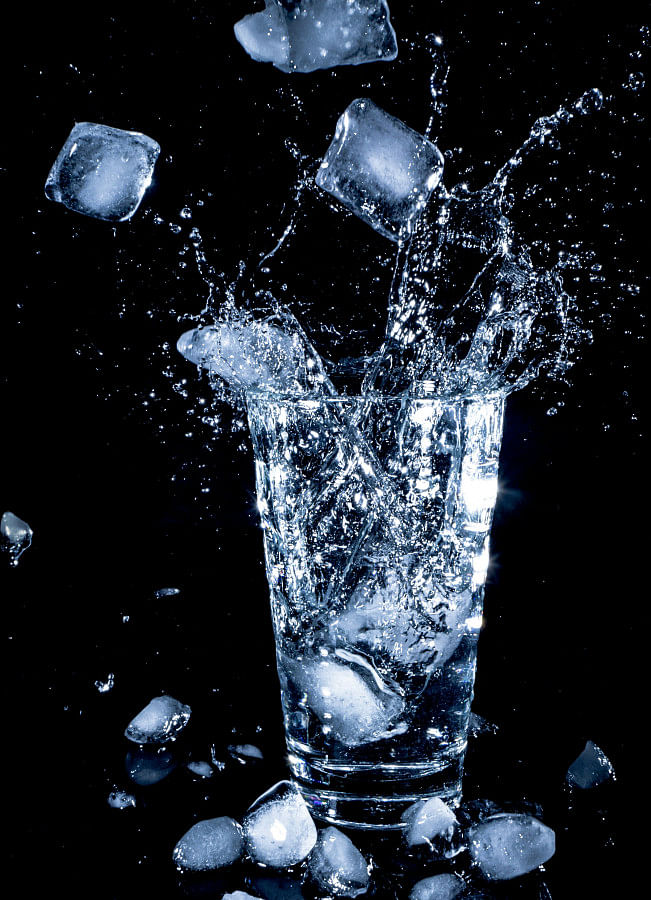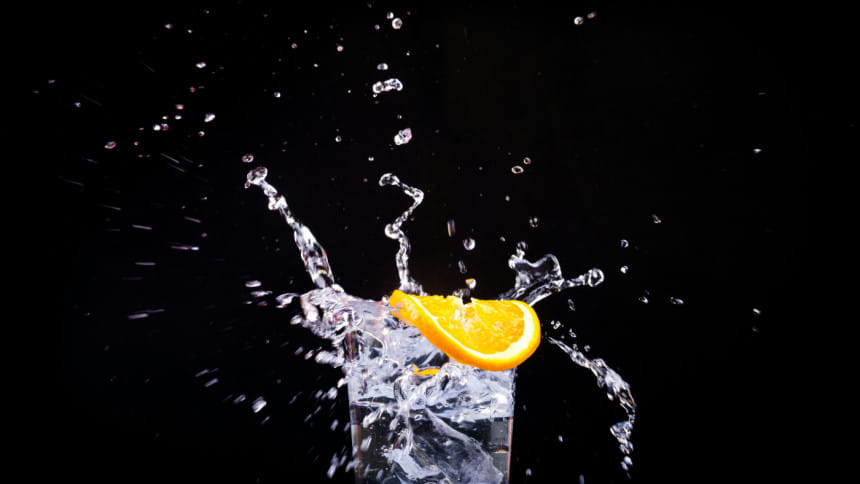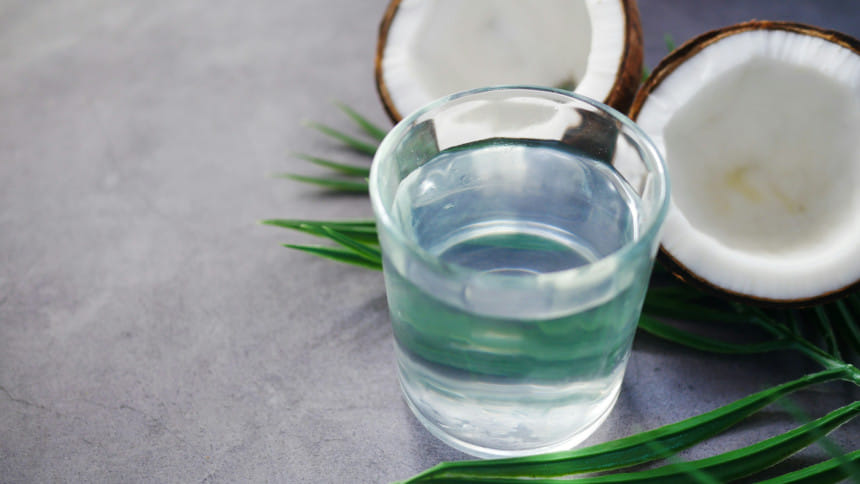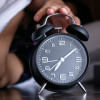In this hot and humid weather, maintaining proper hydration and energy levels is vital for overall health and well-being. Drinking a sufficient amount of water during summer can be challenging; therefore, it is important to adopt beneficial habits that help us stay hydrated throughout the season.
Here are some expert-backed ways to navigate summer with ease, ensuring optimal hydration during this period:

Start your day with hydration
It is advised to pre-hydrate before starting your day rather than waiting until the evening to catch up on water intake. A few days before the peak of summer, adjusting your drinking habits can also help you cope better with the heat. Drinking water consistently throughout the day is essential. It's also a good idea to carry a water bottle with you wherever you go.

Flavour your fluids and eat your water
If you're tired of plain water, try flavoured drinks or include foods with high water content—such as watermelon, cucumbers, and citrus fruits. Adding water-rich fruits and vegetables to your meals is highly beneficial. A glass of lemon water with a pinch of salt can be refreshing, or try infusing water with natural flavours like lemon slices, ginger, mint, or cucumber.
Snack smart with electrolyte-rich foods
Ramadan might be over, but don't underestimate the power of dates! They're rich in natural sugars and electrolytes, making them an excellent hydrating snack. Dates also provide a quick energy boost—perfect for sluggish summer afternoons.

DIY electrolyte boosters
Use ingredients like coconut water, bananas, spinach, and almonds to create electrolyte-rich beverages that replenish fluids lost through sweating.
Avoid dehydration triggers
Watch out for common dehydration triggers such as sugary beverages, salty foods, fried foods, and excessive caffeine. These increase urine output and can lead to excessive thirst and dehydration.
The writer is the Chief Clinical Dietitian and Head of the Dietetics and Nutrition Department at United Hospital. She is also the Assistant General Secretary of the Association of Nutritionists and Dietitians for Social Service (ANDSS).








Comments